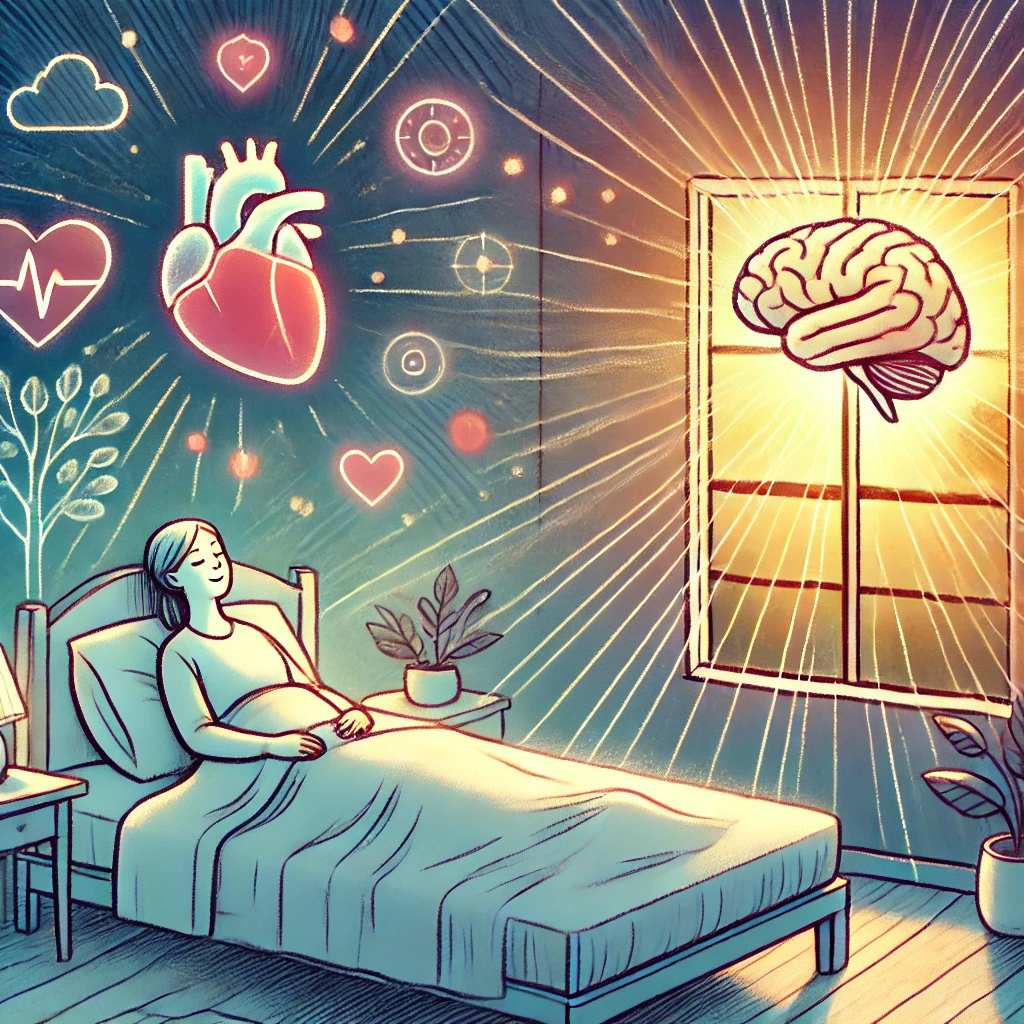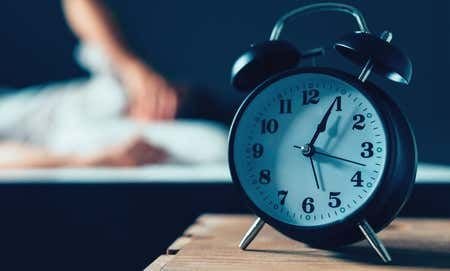Have you ever felt refreshed and energetic after taking a short nap after morning prayers? Or maybe you actually feel more tired and less energetic? Sleeping after dawn is often a topic of debate. Some believe that it is a bad habit, while others believe that there are hidden benefits behind it.
Myth vs Fact: Is Sleeping After Dawn Really Bad?
For centuries, we have often heard advice to avoid sleeping after dawn. However, is this really true? In fact, sleeping after dawn, if done correctly, can actually provide a number of benefits for the health of our body and mind.
The Importance of Quality Sleep for Health
Sleep is a basic human need. During sleep, our body carries out cell repair and regeneration processes. Good quality sleep is very important for maintaining physical and mental health. When we sleep well, the immune system becomes stronger, stress hormones are reduced, and cognitive abilities improve.

Benefits of Sleeping After Fajr
- Improve the Quality of Night’s Sleep: Taking a short nap after dawn can help regulate the body’s circadian rhythm, so that it is easier for us to sleep soundly at night.
- Treat Insomnia: For those who often have trouble sleeping, a short nap can help reduce insomnia symptoms.
- Increases Energy and Productivity: Taking a short nap can provide additional energy and increase our productivity throughout the day.
- Improves Mood: Getting enough sleep can help reduce stress and improve mood.
- Improves Mental Health: Quality sleep is essential for maintaining good mental health. Getting enough sleep can help prevent depression and anxiety.
- Prevents Chronic Diseases: Research shows that lack of sleep can increase the risk of various chronic diseases, such as heart disease, diabetes and obesity.
- Improves Brain Performance: Adequate sleep is essential for optimal brain function, including concentration, memory, and learning ability.
How to Get Enough Sleep After Dawn
- Create a Comfortable Sleeping Atmosphere: Make sure your bedroom is dark, quiet, and has a comfortable temperature.
- Set a Regular Sleep Schedule: Try to go to bed and wake up at the same time every day, including weekends.
- Avoid Caffeine and Alcohol Before Bed: Caffeine and alcohol can disrupt the quality of your sleep.
- Do Relaxing Activities Before Bed: Before going to bed, do a calming activity, such as reading a book or listening to soft music.
- Create a Quiet, Dark Bedroom: Make sure your bedroom is free from distractions such as loud noises or glaring lights.
Conclusion
Sleeping after dawn, if done wisely, can provide many benefits to our health and well-being. However, it is important to remember that each individual has different sleep needs. If you have difficulty sleeping or have certain health problems, you should consult a doctor.








